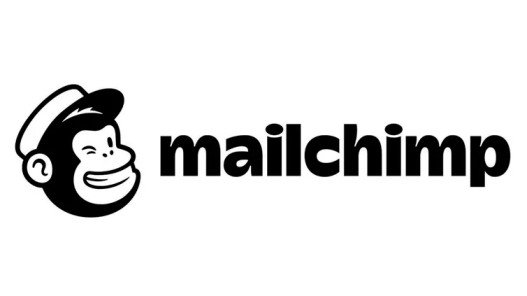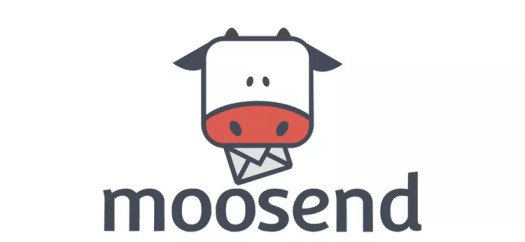Subscribers may create, send, and track emails with email marketing software. You may track open and click-through rates and create efficient emails with the program’s aid. Emails are tailored by sophisticated technology, which increases interaction.
Most sectors can profit from email marketing. If a customer abandons an item in their shopping cart, an email reminder can be sent out automatically by online merchants. Users can choose how persistently to follow up with leads once a SaaS product persuades them to demo a product. Even though email marketing is not new, annual industry reports support its efficacy.
Best Email Marketing Software
1. ActiveCampaign’s

The finest email marketing software for automation is ActiveCampaign since you can customize your campaigns to each unique subscriber using its hundreds of pre-made automation. The platform has setup instructions, and ActiveCampaign’s support is efficient and beneficial.
Advantages
- Excellent automation capabilities for consumer interactions.
- Customer service that is prompt, considerate, and supportive
- All tiers offer the same services for initiating the plan and transferring data.
- Compatible with more than 870 of the top programs in the market
Disadvantages
- A severe learning curve might exist.
- There aren’t many features in the Lite bundle (and it includes ActiveCampaign branding)
- A plan’s price quickly increases when more contacts are added.
2. MailerLite

Due to its drag-and-drop interface, MailerLite is the most user-friendly email marketing software since it makes creating your bespoke design fun and simple. The software’s minimalist design reflects the company’s commitment to simplicity.
Advantages
- The drag-and-drop user interface makes setting up emails a breeze.
- Your initial 1,000 contacts are entirely free.
- Return of Email
- There are numerous pre-made email formats available.
Disadvantages
- Missing elements for customer relationship management (Though it allows for integration)
- Absence or a lack of integrations in full
- In-depth information about your company is needed to create an account.
3. Hubspot

Hubspot is unmatched when managing and tracking your various marketing initiatives (website, social, email marketing, and more). With Hubspot’s customer relationship management system, you can organize all your contacts in one location. You can utilize them to create leads, communicate with customers in real-time, and promote online.
Advantages
- A comprehensive toolkit for advertising that includes email, social media, blogging, and client relationship management
- Consistent deliverability is ensured via the tab for email health.
- Just the customers you’re genuinely marketing to require payment.
- Follow up with prospects throughout the purchasing process.
- Tools for efficient online learning
Disadvantages
- Has neither a free nor a freemium plan.
- Anybody looking only for tools for email marketing should go elsewhere.
- A third-party customer relationship management system’s integration is challenging.
- To realize the maximum marketing potential, there is a high learning curve.
4. Mailchimp

MailChimp is the best email marketing software overall because it satisfies the demands of the majority of businesses without being overly complicated or confusing. Businesses can access reports that include open rates, click-through rates, unsubscribe rates, and more. Campaigns can be prepared in advance. Yet, it offers the most comprehensive, permanently free plans of all the programs we looked into.
Advantages
- Permanently unrestricted choice (up to 500 contacts)
- Campaign creation and personalization are simple.
- Transparent reporting is provided to improve upcoming communications.
- Wide range of applications compatible
Disadvantages
- For smaller contact lists, it’s affordable; for larger ones, it’s pricey (more than 150k subscribers)
- Hardly minimal phone support whatsoever
- Don’t try to use it with your knowledgeable marketing team.
5. Moosend

In addition to having more affordable premium plans than most competitors, Moosend also lets you pay according to the number of subscribers you have or the volume of emails you send, depending on which option is more affordable. Also, it includes essential features that make it simple to send emails to your target audience that are timely and visually appealing.
Advantages
- Plans with lower costs
- You can only pay for sending emails.
- There are prebuilt layouts that may be easily modified and used.
Disadvantages
- Emails cannot be sent from a Gmail or Hotmail account.
- The UI is straightforward.
- Absence or a lack of integrations in full
6. Drip

The best email marketing platform for online stores is Drip, which excels in workflows and list segmentation capabilities. By combining these capabilities, you can send subscribers timely and pertinent follow-ups based on their purchasing patterns and the information they have opened in your emails.
Advantages
- Practical and straightforward to build up drip campaigns.
- It is easy to use and set up.
- Superior support for clients
- Modern techniques for classifying contact lists
Disadvantages
- Several necessary integrations need to be included.
- No drag-and-drop interface for creating personalized template layouts
- There are a few options for assistance.
Conclusion
One of the most economical marketing channels accessible is email marketing, and with the correct equipment, you can grow your company to new heights. Fortunately, if you’re not ready to commit fully, most email marketing systems provide a free trial period. In any event, make a good decision and pick a tool with cutting-edge features at a reasonable price that is simple to learn!






